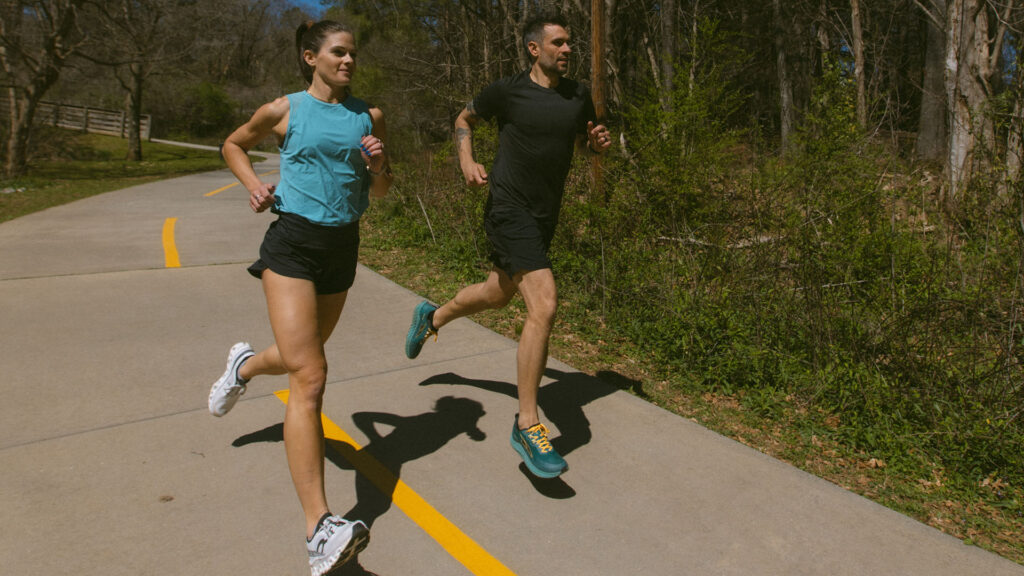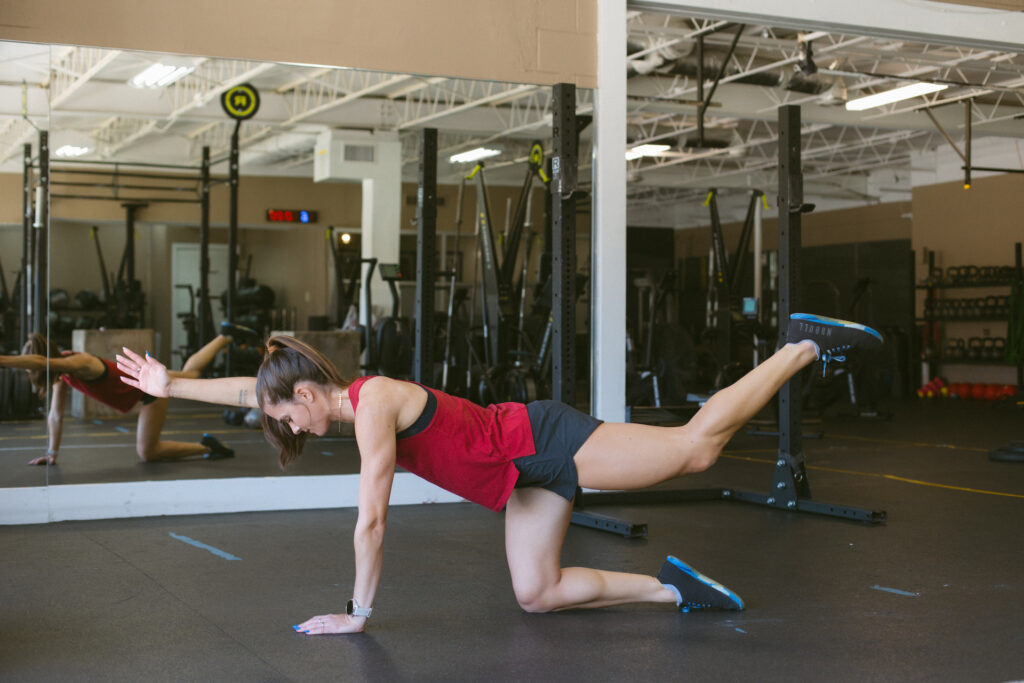7 Runner Myths That Hold People Back
By Johnny Bouchard (MS, CFL3, LMT)
Here are seven myths common in running communities that keep people from PRs and make people less resilient against injuries.
- You Shouldn’t Lift Heavy – If you are a runner and aren’t lifting heavy, you potentially are running 20-25% slower than you could be. Why? Running is a ground reaction force activity. That means you are slamming your foot into the ground, and the force you slam it with is bounced back from the ground and propels you forward. For this to work, you need type 2b muscle fibers. You only get those through plyometrics and heavy lifting. Don’t believe me? On the Tim Ferris podcast, world champion marathoner Meb win the Boston Marathon by deadlifting 3x his body weight (he weighs around 130lbs) Listen to Meb’s trainer talk heavy lifting on the Tim Ferris podcast
- Long Run Workouts Are The Most Important – Ask any elite level marathoner (running sub 2:10 marathons) what the essential fitness is, and they will say 5k fitness. If you want to run fast and far, you need to worry the most about your 5k time. Why? Because your 5k time is your threshold and building a higher threshold is imperative to building better stamina. American record holder Ryan Hall recently said in a interview with Dr. Peter Attia “I think 400’s and 200’s are more important for marathoners than any other distance” https://peterattiamd.com/ryanhall/
- You Should “Roll Your Foot Across The Ground” – If you run where your heel strikes the ground and then roll to your toes, it’s the equivalent of still using dial-up internet. Your foot muscles and leg tendons work like springs. When your bodyweight impacts the ground via your foot muscle, it loads the spring and launches you forward. Your heel is comprised of fat and bone. Your leg muscles do not coil like a spring, and when you land on the heel. Instead, your body weight is absorbed into your knee and hip, causing injuries like IT Band Syndrome & Runners Knee. Here are some great YouTube videos on the biomechanics of running #1 #2 #3 #4
- You Shouldn’t Run on Tired Legs – Elite marathoners specifically program their most challenging leg day on their most challenging training days (usually sprint work or repeats). They do this because they need to train on tired legs. The likelihood of an elite runner showing up on race day and having their legs fully recovered is almost 0%, so they need to be used to performing their best under duress.
- Training Hard Is More Important Than Sleep – What do all elite distance runners’ training have in common? The rest as much as possible when they aren’t training. The Kenyans even joke, “Runners are the laziest people in the world. We train 4 hours a day and sleep 20.” All elite runners (and all elite athletes) average 10 hours of sleep per day and usually take daily 2-hour naps. Why? Sleeping is how we recover. No sleep or bad sleep = bad recovery, which means no adaption from training inputs. Didn’t PR your last race? Check your sleep.
- Long Runs Are Meant To Be Done Outside of HR Zone 2 – Marathoners hate it when I ask them about their Zone 2 Runs. They always want to tell me how fast they did their 18-mile training run, to which I reply “sounds like you overtrained.” Long runs are generally meant to be very slow. A person that can do a 2:10 marathon (4:20/mile pace) will do their long runs at an 8:30/mile pace. If your race pace is an 8-minute mile, you should be doing those long runs at a 10:30-11:18 pace. Why? To develop aerobic capacity, you have to be in zone 2. While it may be cooler to show your friends how fast you did a training run, it’s way more important to do it right so your heart and lungs can get better oxygenating your blood.
- Distance Runners Are Slow – 2,000 people get this email each week. I would bet that no one who receives this can run one single mile in 4:36, which is the pace Kipchoge held for 26 miles when he broke the 2-hour marathon. Distance runners are not slow. They are holding their lactate threshold for 26.2 miles. This is why proper progression from 5k, 10k, to 15k, etc is important.
If you are sick of being an injured runner or slow runner, we can help. All of our programs fix all these common issues.



